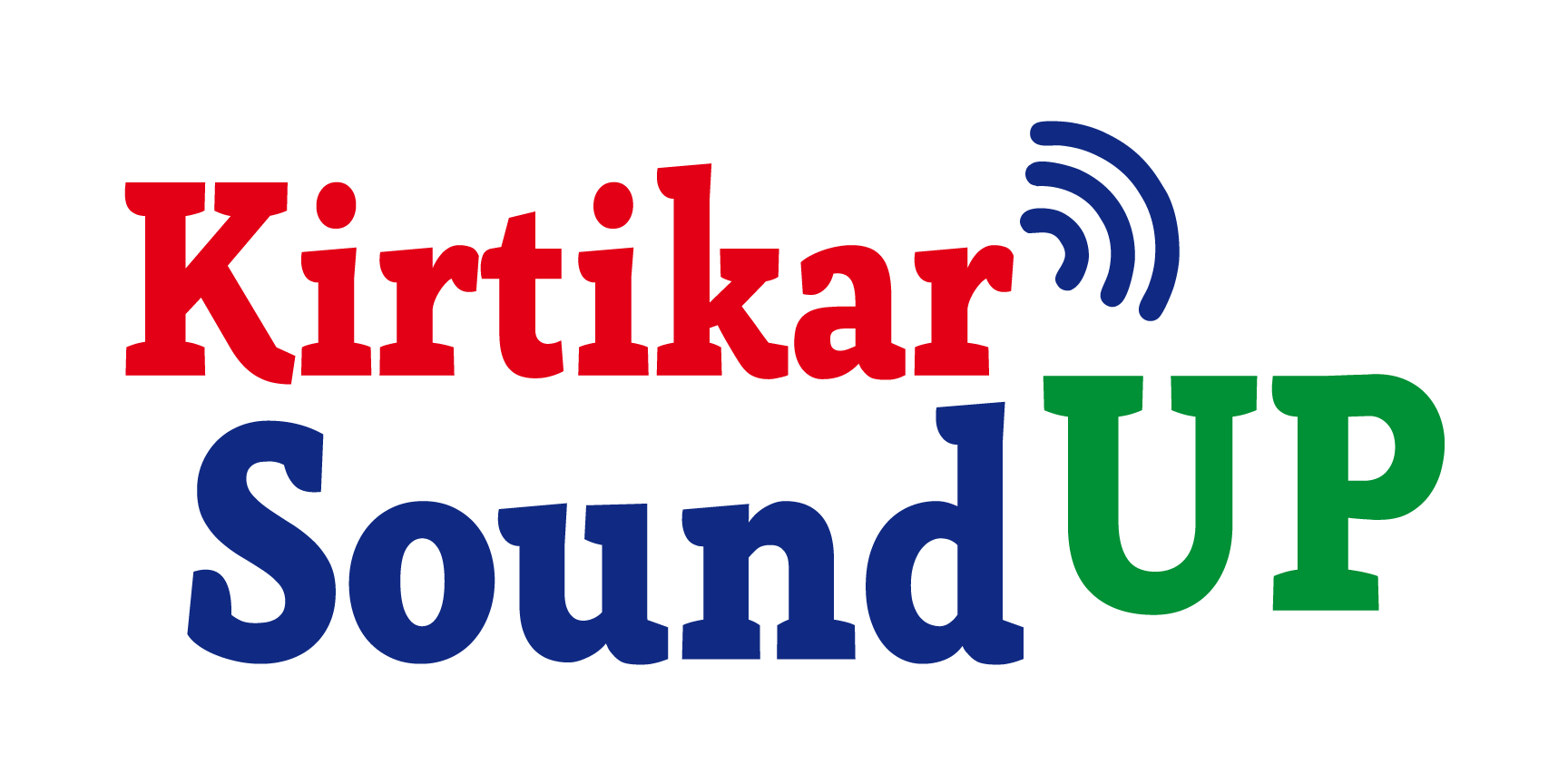The newborn hearing screening test helps identify newborns with as much permanent hearing loss as possible. This means that parents can receive the advice and support they require from the beginning.
Hearing loss in Newborns
Every 1,000 babies, one or two of them have permanent hearing loss in one or both ears at birth. For babies who have been in critical condition for longer than 48 hours, this increases to approximately one in every 100. The majority of these newborns are born into households without a history of permanent hearing loss.
The development of babies can be greatly impacted by permanent hearing loss.
Early detection can increase the probability that these newborns grow up with language, speech, and the ability to communicate. It will also help them maximize potential relationships or connections with their caretakers or relatives at an early age.
When does the Newborn Hearing test need to be carried out?
Before being released from the hospital with their mother, newborns may be offered a newborn hearing test. If not, then you can visit an Audiologist who has the facility for hearing testing.
Though it can be done as early as three months, the test is best performed in the first four to five weeks of life. Ask your health visitor or the local audiology department to schedule an appointment if you are not given the option to take a screening test.
How does a Newborn’s Hearing test take place?
The automated otoacoustic emission (AOAE) test is a term for the newborn hearing examination. It takes just a little time. Your baby will receive a small earpiece with a soft tip, and it will make calming clicking sounds. But It’s not always feasible to get clear answers from the very first evaluation.

Many babies do not experience this in their very first evaluation; therefore, it’s not always a sign that your child will always be deaf. so don’t panic. It may occur due to these reasons:
• When the test was completed, your newborn was uncomfortable.
• There was noise in the background.
• Your baby’s ear is temporarily blocked or filled with fluid.
In these situations, a second test will be offered to your child. This test name is the automated auditory brainstem response (AABR) test, the same as the first test. In this second screening, three tiny sensors are applied to your baby’s head and neck as part of the AABR test. Your baby is put to sleep with soft headphones and soothing clicking noises playing. It takes 5 to 15 minutes to complete this test. There will be no risk to your baby from these tests at any cost.

Does my Newborn need to have a hearing test?
Yes, newborn hearing screening is highly recommended. You will receive checklists that will help you monitor your child’s hearing as they grow older if you choose not to have the screening test.
What does it mean if your kid is recommended to a Hearing Specialist?
If you are facing such kind of issues or if your children may experience hearing loss with age, immediately contact Kirtikar Sound Up, an audiology clinic representing the best audiologist team in Pune, India. An appointment with us, a team of hearing specialists will be arranged.
Typically, this session takes 15-20 minutes, you will need to settle your kid at this time. If possible, feed your child right before the hearing test. And also make sure that you and your family all need to maintain their happiness and comfort. The tests provide more detailed information on the hearing of your child. Your child will not feel any pain or discomfort from their ears, and you can also stay with them during the testing.
When do screening results come out?
Your baby’s hearing test results will be sent to you as soon as they are completed. Your child is unlikely to suffer from lifelong hearing loss if they respond clearly in both ears. However, the newborn hearing test does not detect all forms of ongoing hearing loss. so it’s critical to evaluate your child’s listening ability as they grow with time.
After the appointment, they will discuss the possible consequences of the findings for your baby’s hearing and whether additional testing is required. Hearing loss comes in different forms and levels. The degree of hearing loss in each newborn will differ. So, treatment done in the right way at the right time can enable your child to hear.
